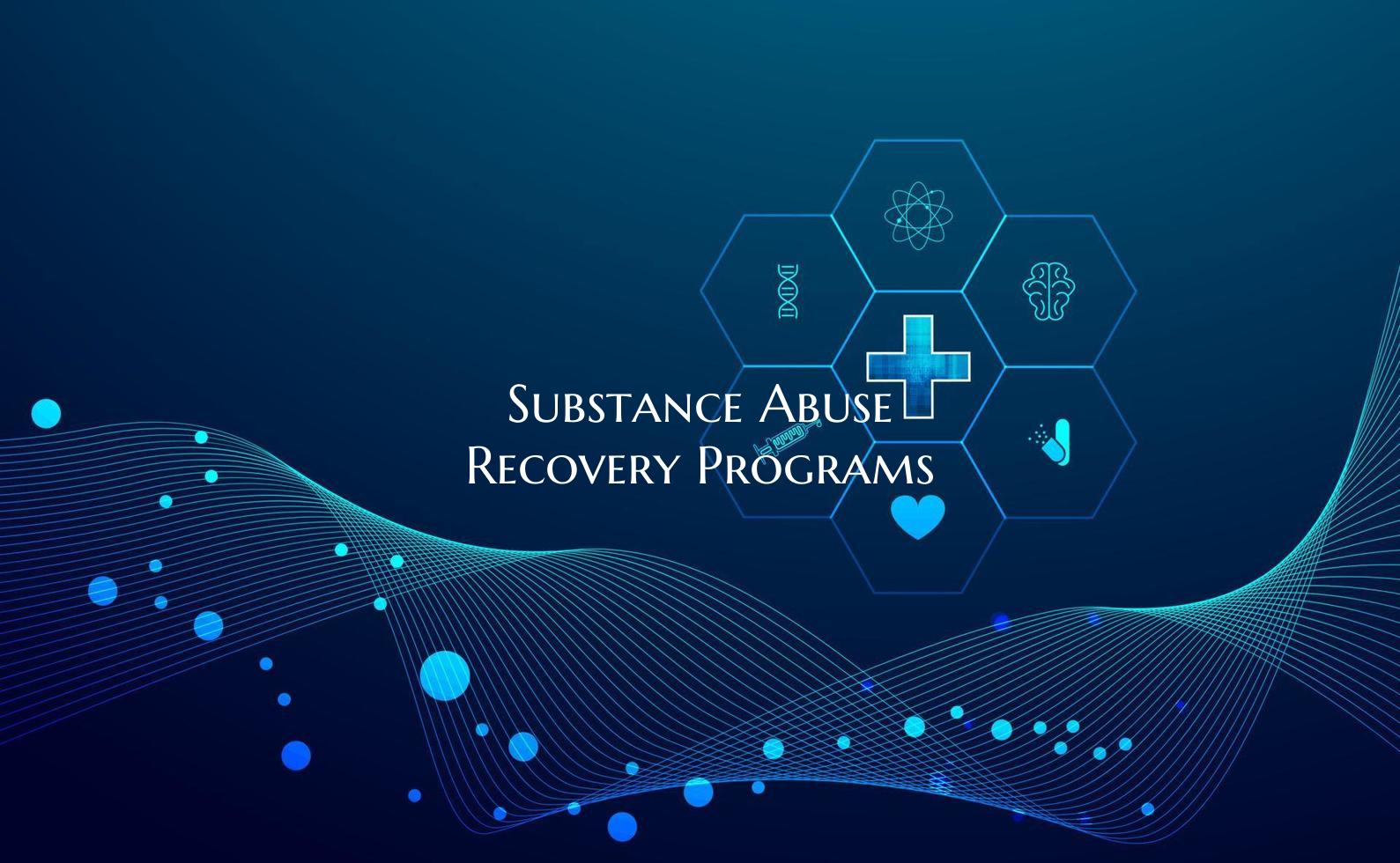
Substance Abuse Recovery Programs
Substance Abuse Recovery Programs: A Path to Healing and Freedom
Substance abuse is a complex and challenging issue that affects millions of individuals worldwide. It not only impacts physical health but can also wreak havoc on relationships, finances, and overall well-being. For those struggling with substance abuse, seeking help through recovery programs is often the first step towards healing and achieving a fulfilling life free from addiction.
Substance abuse recovery programs come in various forms, each tailored to meet the unique needs of individuals battling addiction. These programs typically incorporate a combination of therapy, counseling, support groups, medication management, and holistic approaches to address the physical, psychological, and emotional aspects of addiction.
One of the most common types of substance abuse recovery programs is residential treatment, where individuals reside in a structured environment that provides around-the-clock care and support. This intensive form of treatment allows individuals to focus solely on their recovery without the distractions and triggers of everyday life.
Outpatient programs offer more flexibility for those who cannot commit to a residential program. These programs provide therapy, counseling, and support group sessions while allowing individuals to continue with their daily responsibilities such as work or school.
Support groups like Alcoholics Anonymous (AA) and Narcotics Anonymous (NA) play a vital role in the recovery process by providing a sense of community, understanding, and guidance from others who have experienced similar struggles. These groups offer a safe space for individuals to share their stories, receive encouragement, and build a network of support that can help them stay on track in their recovery journey.
Therapeutic approaches such as cognitive-behavioral therapy (CBT), motivational interviewing, and mindfulness techniques are often integrated into substance abuse recovery programs to help individuals understand the root causes of their addiction, develop coping strategies, and learn healthier ways of managing stress and emotions.
Medication-assisted treatment (MAT) is another important component of some substance abuse recovery programs, particularly for individuals struggling with opioid or alcohol addiction. Medications such as methadone, buprenorphine, or naltrexone can help reduce cravings, ease withdrawal symptoms, and support long-term recovery.
Holistic approaches like yoga, meditation, art therapy, and mindfulness practices are also increasingly being incorporated into substance abuse recovery programs to promote overall wellness and healing of the mind, body, and spirit.
Ultimately, substance abuse recovery programs offer a pathway to healing, empowerment, and freedom from the grip of addiction. By seeking help and actively participating in a recovery program, individuals can reclaim their lives, rebuild relationships, and rediscover joy and purpose beyond substance abuse. With the right support and commitment, recovery is possible, and a brighter future awaits for those willing to take the first step towards change.